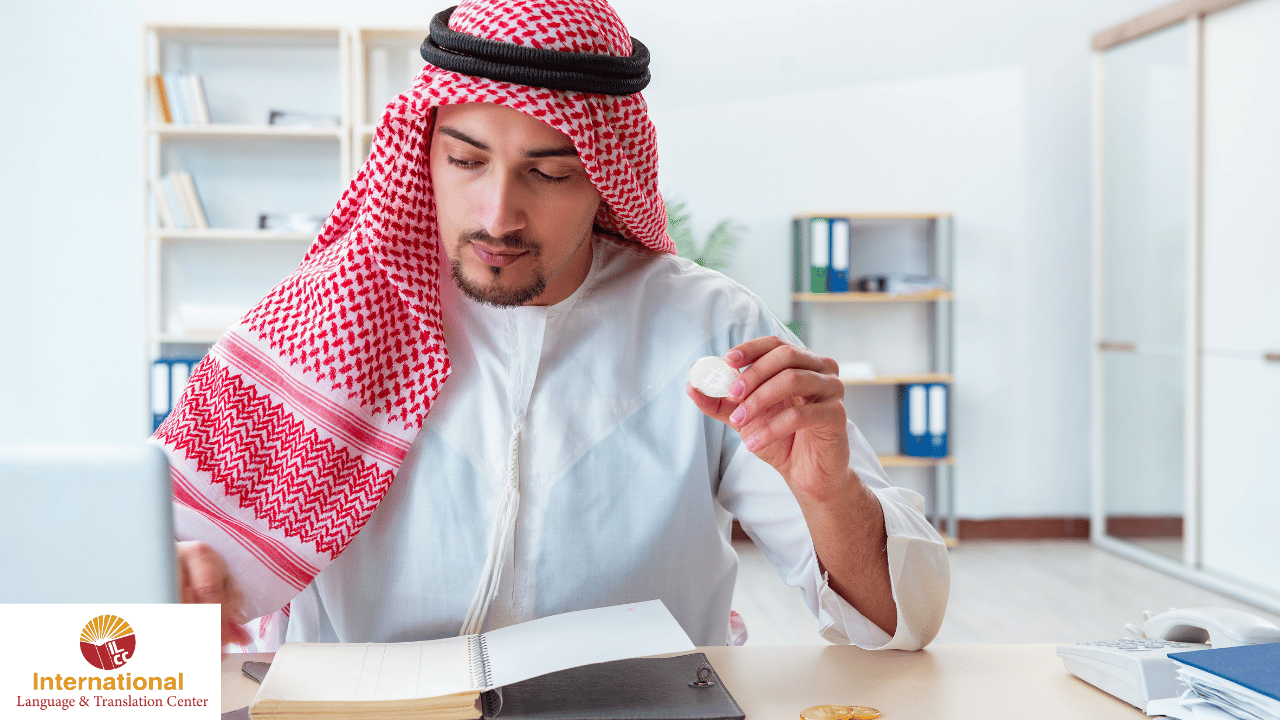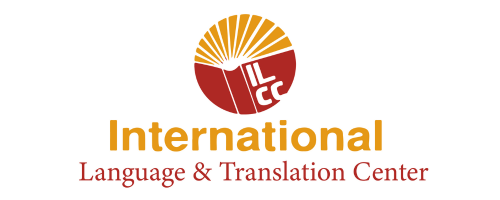arabic for all
In a world where languages serve as bridges between cultures, the Arabic language stands as a testament to the beauty of diversity and the richness of human expression. With its intricate calligraphy, melodious poetry, and profound philosophical texts, Arabic has woven itself into the fabric of civilization, leaving an indelible mark on history and shaping the course of humanity.
From the bustling markets of Marrakech to the serene mosques of Istanbul, from the ancient cities of Cairo to the modern metropolises of Dubai, the Arabic language resonates across borders and continents, connecting millions of people with its eloquence and depth. It is a language of unity and diversity, embracing a myriad of dialects and accents while retaining its essence as a symbol of cultural heritage and identity.
In this article, we embark on a journey to explore the multifaceted nature of the Arabic language and its significance in today’s globalized world. We delve into its historical roots, delve into its linguistic nuances, and examine its enduring legacy in literature, religion, and science. Moreover, we shed light on the challenges and opportunities facing Arabic learners of all backgrounds, and we celebrate the efforts made to promote its learning and appreciation worldwide.
Join us as we uncover the beauty and complexity of the Arabic language, and discover how it continues to inspire and enchant people from all walks of life, transcending boundaries and fostering understanding in an ever-changing world.
The importance of learning the Arabic language
Learning the Arabic language holds immense significance on personal, cultural, and global levels. Here’s why:
On a personal level, learning Arabic opens doors to a rich tapestry of culture, history, and tradition. It grants individuals access to a treasure trove of literature, poetry, and philosophy that has shaped civilizations for centuries. By delving into the Arabic language, learners gain insight into the intricacies of Arab culture, fostering empathy, understanding, and appreciation for diverse perspectives.
Culturally, Arabic serves as a unifying force among millions of people spread across the Arab world and beyond. It is the language of the Quran, Islam’s holy book, and thus holds deep religious significance for Muslims worldwide. Moreover, Arabic is a language of art, music, and cuisine, reflecting the vibrant cultural mosaic of the Arab world. By learning Arabic, individuals can engage more fully with Arab culture, forging connections and building bridges of mutual respect and understanding.
In an increasingly interconnected world, proficiency in Arabic opens up a myriad of opportunities in various fields. From business and diplomacy to academia and media, Arabic speakers are in high demand across industries seeking to engage with the Arab world. Moreover, with Arabic being one of the six official languages of the United Nations, proficiency in the language can lead to rewarding career paths in international organizations and NGOs, facilitating global cooperation and diplomacy.
Furthermore, learning Arabic empowers individuals to navigate the complex socio-political landscape of the Middle East and North Africa (MENA) region. In an era marked by geopolitical shifts and cultural exchange, understanding Arabic provides invaluable insights into regional dynamics, helping to foster dialogue, collaboration, and peace-building efforts.
Challenges facing learning the Arabic language
Learning the Arabic language presents several challenges, ranging from linguistic complexities to cultural barriers. Here are some of the key challenges faced by learners:
- Diverse Dialects: Arabic is spoken across a vast geographical area, leading to significant variations in dialects and accents. This diversity can pose challenges for learners, as they may encounter difficulties understanding different dialects, particularly if they are primarily exposed to one specific dialect.
- Complex Grammar: Arabic grammar is known for its intricacies, including verb conjugations, noun declensions, and intricate sentence structures. Mastery of Arabic grammar requires dedication and practice, especially for learners whose native languages have different grammatical rules.
- Arabic Script: The Arabic script is written from right to left and includes a cursive style that may be unfamiliar to learners accustomed to Latin-based alphabets. Learning to read and write in Arabic script can be challenging, requiring time and patience to become proficient.
- Limited Learning Resources: Compared to some other languages, resources for learning Arabic may be more limited, especially for less commonly taught dialects or specialized topics. Finding high-quality learning materials and resources tailored to individual learning styles can be a challenge for learners.
- Cultural Barriers: Cultural differences and societal norms may present challenges for learners seeking immersion experiences or opportunities to practice Arabic in authentic contexts. Cultural sensitivity and understanding are essential for effective language learning and communication.
- Lack of Exposure: For learners outside of the Arab world, opportunities for immersion and exposure to Arabic may be limited. Access to native speakers, authentic cultural experiences, and immersive language environments can be challenging to find, impacting the pace and effectiveness of language acquisition.
- Maintenance of Motivation: Learning any language requires consistent effort and motivation. For some learners, maintaining motivation to study Arabic, especially during the early stages when progress may be slower, can be a challenge. Finding ways to stay motivated and committed to language learning goals is essential for long-term success.
Despite these challenges, with dedication, perseverance, and access to quality resources, learners can overcome obstacles and achieve proficiency in Arabic. Seeking out diverse learning opportunities, engaging with native speakers, and immersing oneself in Arabic culture can enhance the learning experience and lead to greater fluency and proficiency over time.
Arabic language education initiatives
Arabic language education initiatives encompass a wide range of programs and efforts aimed at promoting the learning and teaching of Arabic language and culture. Many governments in the Arab world and beyond have established initiatives to support Arabic language education domestically and internationally. These initiatives may include funding language schools, developing curricula, and offering scholarships for Arabic language study.
Numerous language institutes and cultural centers around the world offer Arabic language courses and programs for learners of all levels. These institutions often provide immersive experiences, cultural activities, and access to native speakers to enhance language learning. With the rise of technology, online learning platforms have become increasingly popular for Arabic language education. Websites and apps offer interactive lessons, virtual classrooms, and multimedia resources to support learners worldwide.
Collaboration between educational institutions, governments, and nonprofit organizations has led to the development of educational partnerships focused on Arabic language education. These partnerships may involve curriculum development, teacher training, and exchange programs. Training programs for Arabic language teachers play a crucial role in ensuring high-quality language instruction. These programs provide teachers with pedagogical skills, cultural competence, and resources to effectively teach Arabic to diverse learners.
Cultural diplomacy initiatives promote Arabic language education as a means of fostering cross-cultural understanding and cooperation. Cultural exchange programs, language immersion trips, and cultural festivals help promote the importance of Arabic language and culture on the global stage. Community organizations, religious institutions, and grassroots initiatives play a vital role in promoting Arabic language education at the local level. These initiatives may offer language classes, conversation groups, and cultural events to engage learners and promote language proficiency.
Additionally, academic institutions and research organizations conduct studies and advocate for the importance of Arabic language education. Research findings help inform language policy, curriculum development, and pedagogical practices to improve Arabic language instruction. Overall, Arabic language education initiatives contribute to the preservation, promotion, and dissemination of Arabic language and culture worldwide, fostering linguistic diversity, cultural exchange, and mutual understanding among diverse communities.
Tips for learning Arabic effectively
Learning Arabic effectively requires dedication, patience, and strategic planning. Here are some tips to help you on your language-learning journey:
- Set Clear Goals: Determine your reasons for learning Arabic and set specific, achievable goals. Whether you aim to become fluent, travel to an Arabic-speaking country, or simply communicate with native speakers, having clear objectives will keep you motivated and focused.
- Immerse Yourself: Surround yourself with the Arabic language as much as possible. Listen to Arabic music, watch movies or TV shows in Arabic, and engage with native speakers through conversation groups or online forums. Immersion accelerates language acquisition and helps you become familiar with colloquial expressions and accents.
- Practice Regularly: Consistency is key to language learning. Dedicate time each day to practice reading, writing, speaking, and listening in Arabic. Set aside structured study sessions as well as informal practice opportunities throughout your day.
- Use a Variety of Resources: Explore a range of learning materials, including textbooks, online courses, mobile apps, and language exchange platforms. Experiment with different resources to find what works best for your learning style and preferences.
- Focus on Vocabulary: Build your Arabic vocabulary systematically, starting with commonly used words and phrases. Use flashcards, vocabulary lists, and mnemonic devices to memorize new words and review them regularly to reinforce retention.
- Master Arabic Script: Familiarize yourself with the Arabic alphabet and practice writing letters, words, and sentences by hand. Pay attention to letter forms, diacritical marks, and ligatures to develop fluency in reading and writing Arabic script.
- Seek Feedback: Practice speaking and writing Arabic with native speakers or language partners and solicit feedback on your pronunciation, grammar, and vocabulary usage. Constructive criticism helps identify areas for improvement and enhances your language skills.
- Be Patient and Persistent: Learning Arabic is a gradual process that requires time and perseverance. Embrace challenges and setbacks as opportunities for growth, and celebrate your progress along the way.
- Review and Reinforce: Regularly review previously learned material to maintain proficiency and prevent forgetting. Incorporate spaced repetition techniques and regular review sessions into your study routine to reinforce learning and retention.
- Stay Motivated: Stay motivated by setting short-term milestones, celebrating your achievements, and rewarding yourself for reaching goals. Find inspiration in the beauty of the Arabic language, the richness of its culture, and the opportunities it offers for personal and professional growth.
ILCC
Discover the world of languages and translation with us!
Join us and explore the world of languages and translation with the highest quality and professionalism! On our website, we offer you a unique and distinctive learning experience that allows you to acquire new language skills with ease and enjoyment.
Our center is distinguished by a team of qualified and specialized language teachers who ensure that they provide personal and effective lessons that perfectly meet your needs. Whether you want to learn a new language or improve your current level, we are here to help you achieve your goals smoothly and effectively.
In addition, our website provides accurate and professional translation services, where our team works to provide high-quality and reliable translations in various fields. Whether you need to translate official documents, marketing content, or scientific articles, you can rely on us to provide translation services with the highest standards of quality and accuracy.
On our website, we combine comprehensive language education and distinguished translation services to provide you with a unique and distinctive learning experience. Join us now and start your journey in the world of languages and translation with confidence and determination.
You can contact us on WhatsApp from here → ILCC.
Conclusion
In conclusion, the Arabic language stands as a gateway to a world of beauty, culture, and connection. Whether you’re drawn to its rich history, its lyrical poetry, or its deep religious significance, Arabic offers something for everyone. As we’ve explored throughout this article, learning Arabic opens doors to new opportunities, enriches personal experiences, and fosters cross-cultural understanding.
In today’s increasingly globalized world, proficiency in Arabic is more valuable than ever. It not only provides access to a diverse array of literature, media, and art but also opens doors to career opportunities, cultural exchanges, and meaningful connections with people around the globe.
As we celebrate the beauty and diversity of the Arabic language, let us also recognize the importance of making it accessible to all. By supporting language education initiatives, promoting cultural exchange programs, and embracing the richness of Arabic language and culture, we can ensure that Arabic remains a vibrant and dynamic force in our interconnected world.
Whether you’re embarking on a journey to learn Arabic for the first time or seeking to deepen your understanding of this fascinating language, remember that the rewards are boundless. Through dedication, perseverance, and a spirit of curiosity, you can unlock the mysteries of Arabic and embark on a lifelong journey of discovery and connection.
In the end, the Arabic language belongs to us all—it is a shared heritage that transcends borders and unites us in our common humanity. So let us embrace it, celebrate it, and continue to learn from it, knowing that in doing so, we enrich not only our own lives but the world around us.










